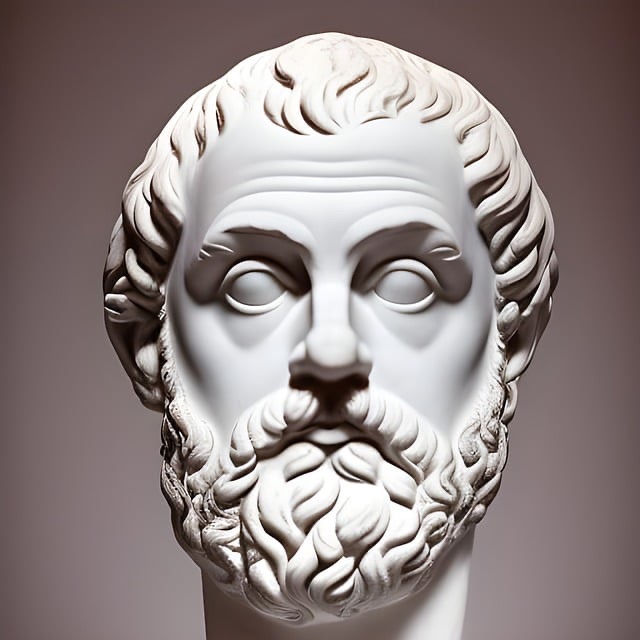*Arthur Schopenhauer 1788–1860
From Three Essays on the Theory of Sexuality (1905), by Sigmund Freud. PREFACE TO THE FOURTH EDITION (1949). London: Imago Publishing Co. Pp. 133. (Tr. James Strachey.):
“The present translation is a corrected and expanded version of the one published in 1949.
Now that the flood-waters of war have subsided, it is satisfactory to be able to record the fact that interest in psycho-analytic research remains unimpaired in the world at large. But the different parts of the theory have not all had the same history. The purely psychological theses and findings of psycho-analysis on the unconscious, repression, conflict as a cause of illness, the advantage accruing from illness, the mechanisms of the formation of symptoms, etc., have come to enjoy increasing recognition and have won notice even from those who are in general opposed to our views. That part of the theory, however, which lies on the frontiers of biology and the foundations of which are contained in this little work is still faced with undiminished contradiction…

Uploaded: 12 December 2016 Wikimedia Commons
…It must also be remembered, however, that some of what this book contains-its insistence on the importance of sexuality in all human achievements and the attempt that it makes at enlarging the concept of sexuality-has from the first provided the strongest motives for the resistance against psycho-analysis.
People have gone so far in their search for high-sounding catchwords as to talk of the ‘pan-sexualism’ of psycho-analysis and to raise the senseless charge against it of explaining ‘everything’ by sex. We might be astonished at this, if we ourselves could forget the way in which emotional factors make people confused and forgetful. For it is some time since Arthur Schopenhauer, the philosopher, showed mankind the extent to which their activities are determined by sexual impulses-in the ordinary sense of the word. It should surely have been impossible for a whole world of readers to banish such a startling piece of information so completely from their minds. And as for the ‘stretching’ of the concept of sexuality which has been necessitated by the analysis of children and what are called perverts, anyone who looks down with contempt upon psycho-analysis from a superior vantage-point should remember how closely the enlarged sexuality of psycho-analysis coincides with the Eros of the divine Plato. (Cf. Nachmansohn, 1915.)
VIENNA, May 1920”


